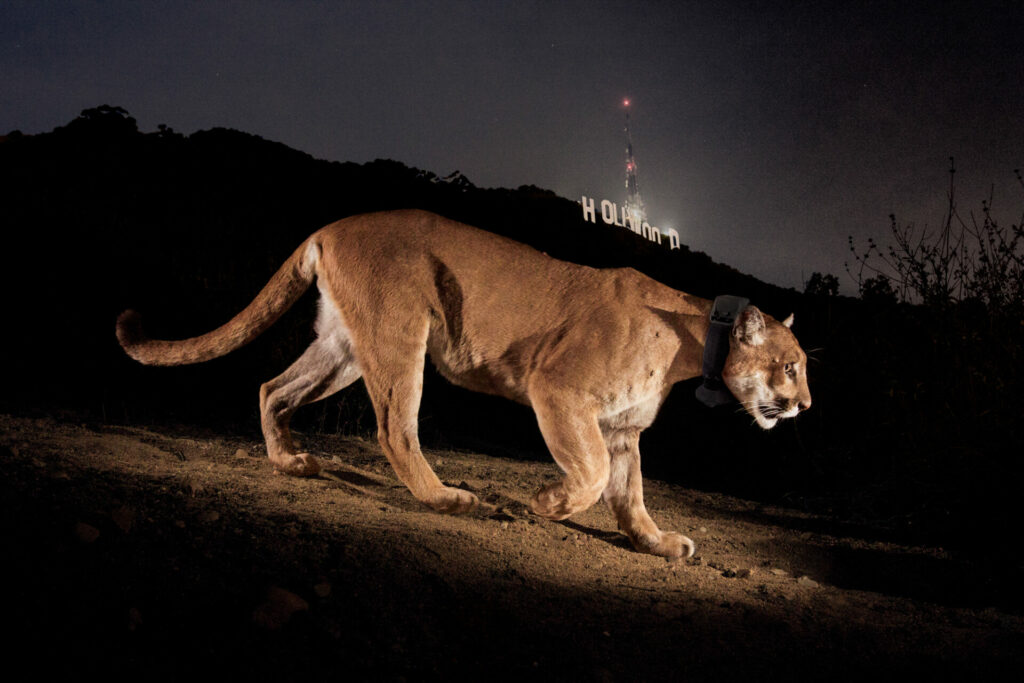A pod of nine Risso’s dolphins were the first victims of Japan’s annual hunting season, which starts every September, as they were driven into a bay and slaughtered for food.
The annual six-month long bloodletting started on the first of the month but 12 boats were forced back into port within 30 minutes of launching due to bad weather.
The following day, after leaving the Taiji fishing port at 5:10 am, the hunters found a small group of dolphins within an hour, environmental group Life Investigation Agency’s (LIA) and Dolphin Project Today confirmed.
The dolphins are easy prey as they form strong family bonds, moving together to protect the young and old who cannot swim as fast
Shortly afterwards the creatures were driven into The Cove in Taiji’s Hatakejiri Bay, where they were eventually killed.
The Japanese Government has issued an annual quota for the hunting of 1,849 dolphins and small whales of nine species, including the IUCN Red List-registered false killer whales.

Not all the aquatic mammals are killed, however. Many are sold to amusement parks and sealife centres where they can fetch as much as $36,000 alive compared to just $360 as meat.
Doom for Gentle Dolphins
The small town of Taiji has long been criticised worldwide for the cruelty of the hunts. Synonymous with its annual slaughter, it made global headlines after the 2010 Academy Award-winning documentary film The Cove, exposed the practice in all its brutality.
Hunters chase pods by banging metal poles against their boats to confuse them before using spearfishes to kill them for food, or nets to trap them to be displayed in aquariums. The loyal mammals are easy prey as they form strong family bonds, moving together to protect the young and old who cannot swim as fast.

They are also generally gentle and do not attack humans even when under threat. This means hunters can catch entire pods, decimating population numbers as the family groups have no chance to recover and breed.
According to data from the Fisheries Agency, 1,010 dolphins were captured by the Taiji hunt alone during the 2020 hunting season while the LIA documented that at least 565 dolphins were slaughtered or captured alive in the 2021 season.
‘Wild dolphins that were swimming freely in the ocean are separated from their families, trapped in small pools and perform tricks for human entertainment’
Life Investigation Agency
The Japanese government has defended the hunt as part of local culinary tradition, but their meat is not part of the national cuisine.
In a statement LIA said: ‘It’s not a tradition, it’s a wild animal exporting business. Taiji town and Japanese government always switch the narrative to Japan’s 400 year history of whaling, but the Taiji’s dolphin drive hunt only started for the purpose of a live body sale business in conjunction with the establishment of the Taiji Whale Museum in 1969.’

Approximately 80 per cent of the revenue of the Taiji Town Development Corporation comes from the sale of live dolphins to aquariums in Japan and overseas, and those that are not suitable for aquariums are slaughtered to be meat products, according to the investigators.
‘The business is not viable just for the purpose of food supply, not to mention it is not a Japanese tradition,’ said the LIA.
‘This hunt continues only to satisfy the demand for dolphin shows around the world, and as a result, wild dolphins that were swimming freely in the ocean are separated from their families, the families are slaughtered, trapped in small pools and perform tricks for human entertainment.’













